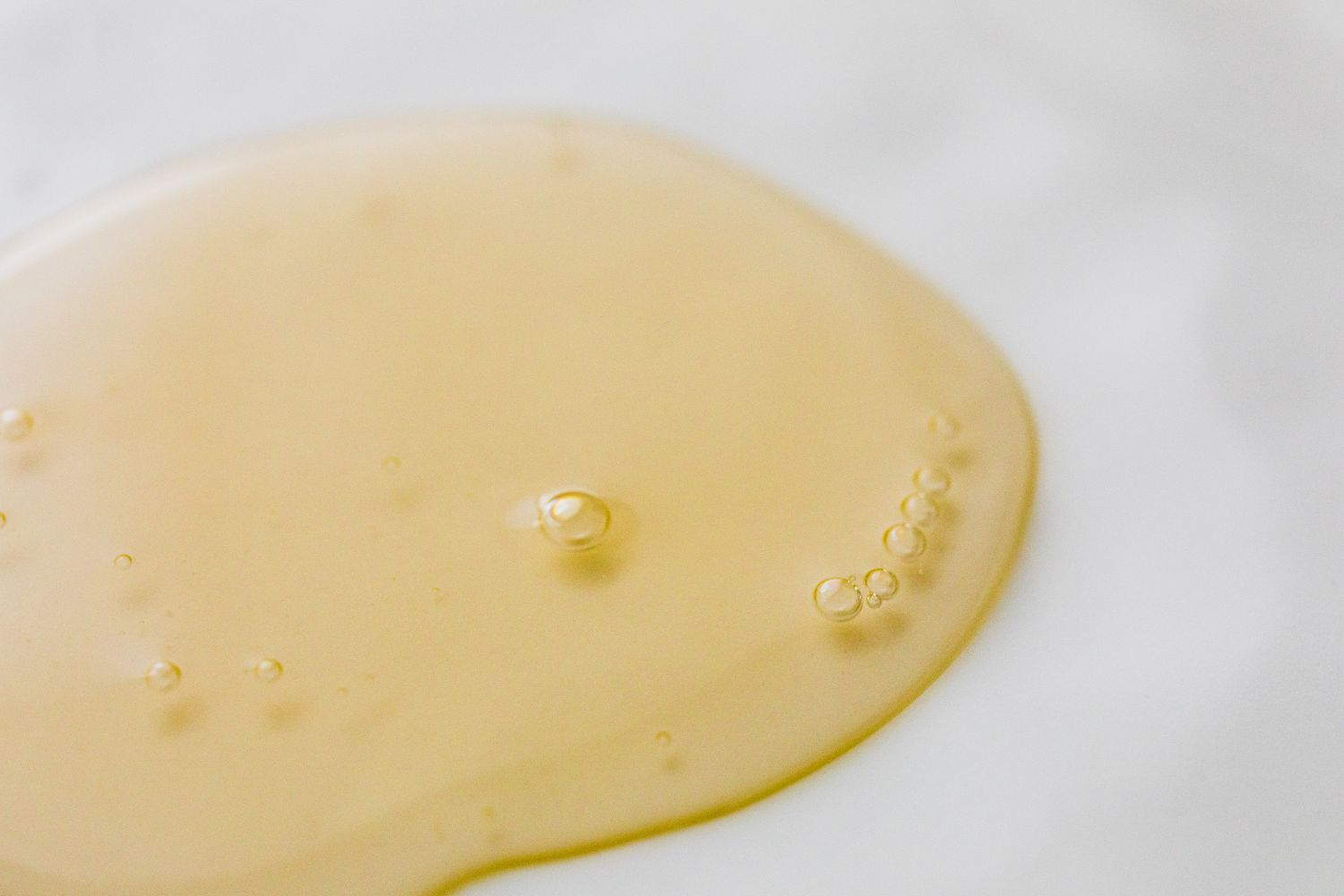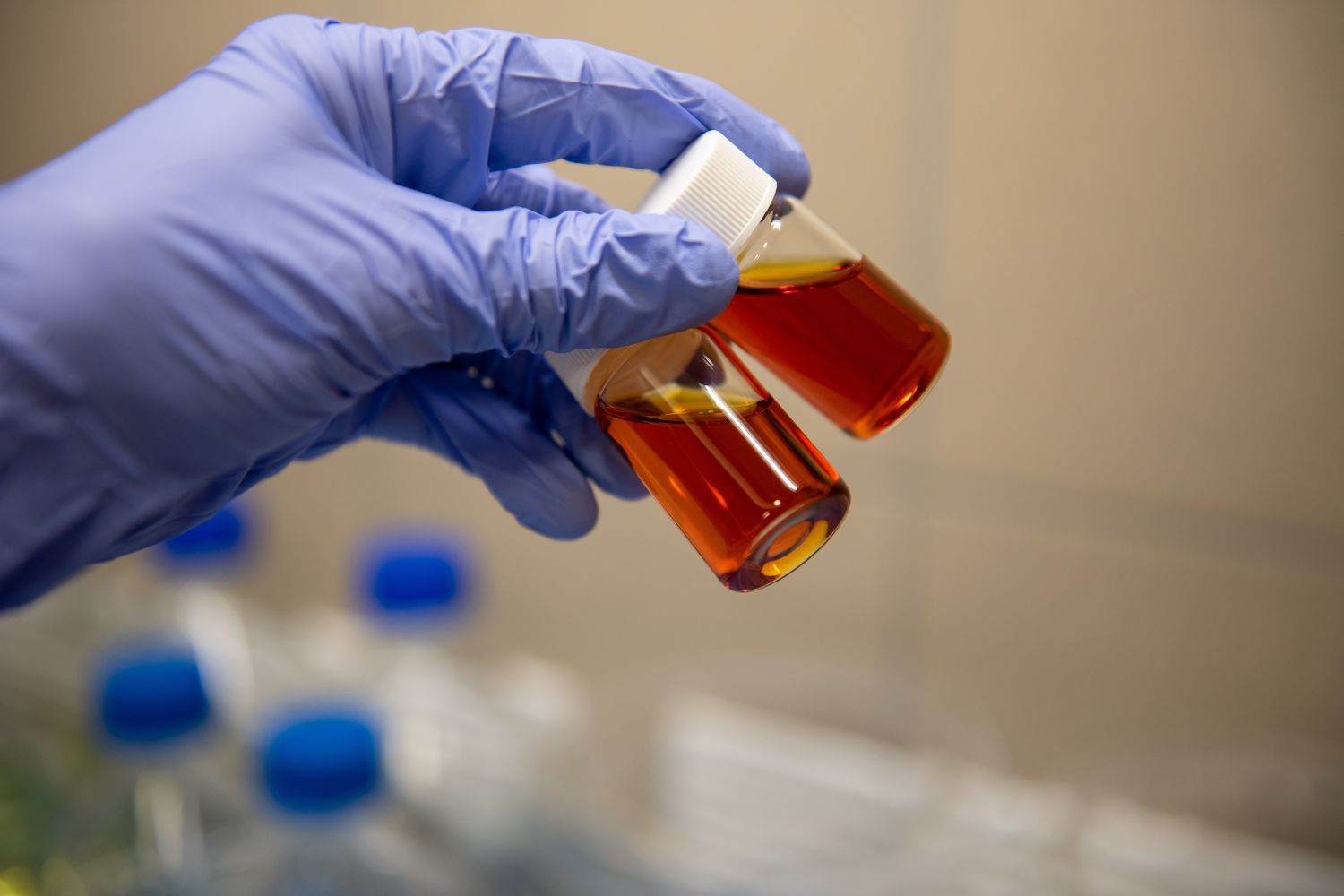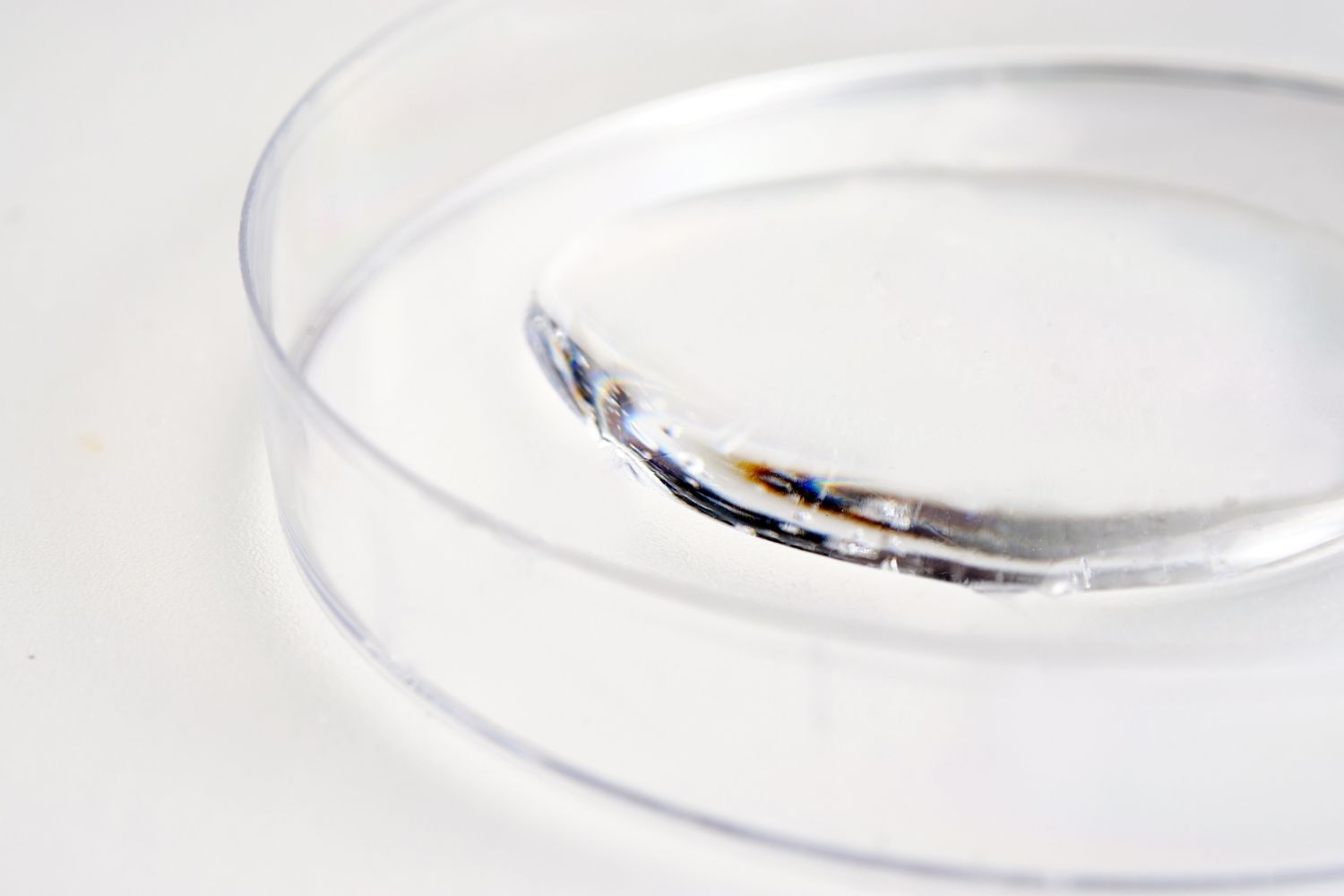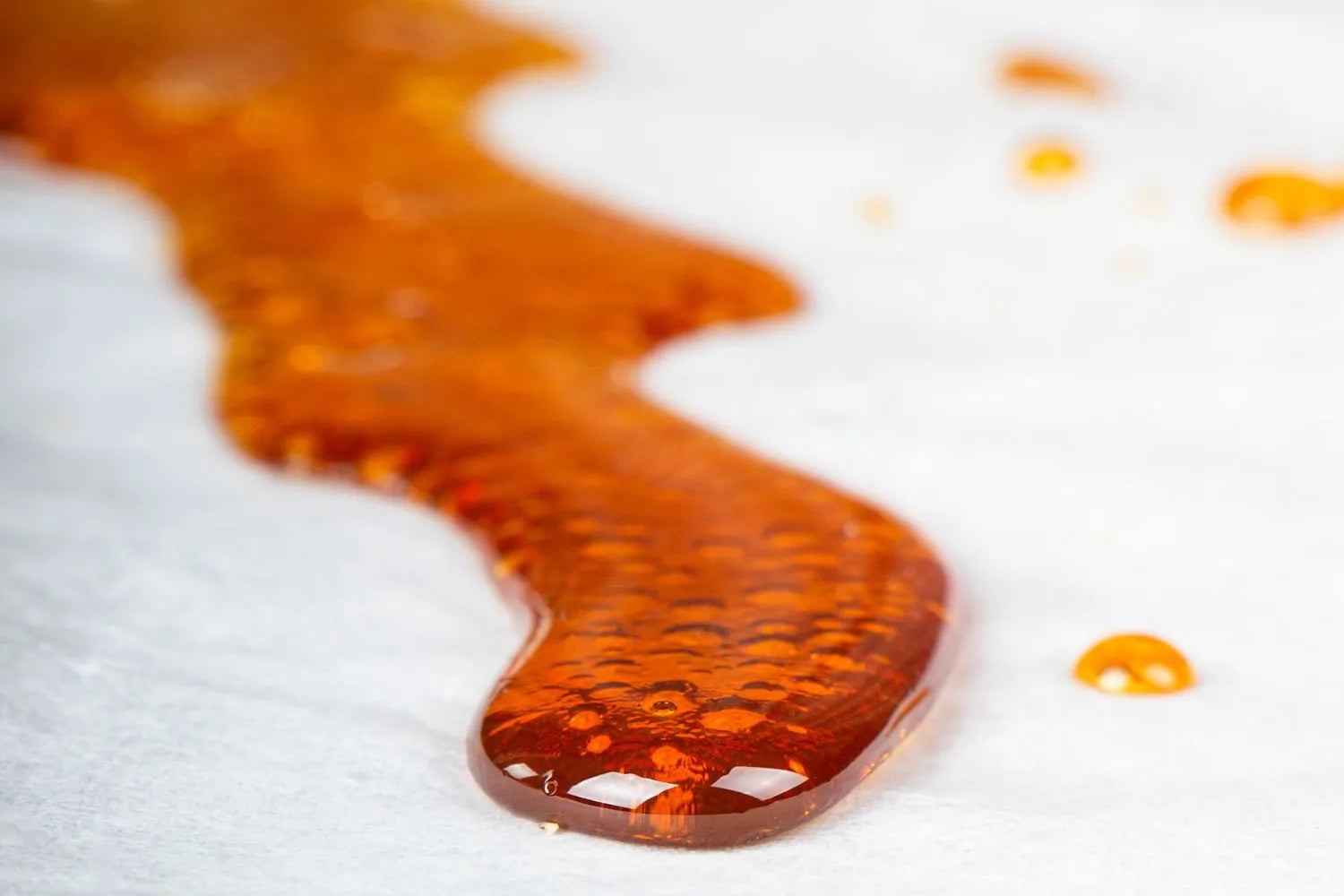THC-H is a new addition to the growing list of hemp products to hit store shelves. But while many people are excited about its application to both recreational and medical cannabis, most of its properties - and risks - are a mystery.
Until more research is available, we won't know much about the product's recreational effects or therapeutic potential. As with all cannabis plant use, it's critical to educate yourself as much as possible before trying new cannabinoids.
What is THC-H?
THC-H (tetrahydrocannabihexol) is a phytocannabinoid, meaning it's found exclusively in the cannabis sativa L. plant species. This umbrella includes the cultivars colloquially known as "marijuana" and "hemp."
Researchers examined the compound in 2020, along with its non-intoxicating counterpart, CBDH. While they successfully tested CBDH's pain-relieving benefits on mice, no such experiments were performed with THC-H. Interestingly, CBDH mirrored CBD's dosing patterns, where a lower dose was more effective than a substantially higher one.
In short, CBDH and CBD still appear to work similarly. If THC-H maintains the same behavioral patterns as its abundant cousin, delta-9, it's possible that - based on what we'll discuss soon - the psychoactive effects of THC-H would be incredibly intense.
Would this lead to enhanced therapeutic potential? That's a question we won't conclusively be able to answer anytime soon.
Realistically, the lack of research into THC-H will be a recurring theme here (as is the case with many new and obscure cannabinoids).
Is THC-H a Hydrogenated Cannabinoid?
No. THC-H is not a hydrogenated cannabinoid, such as H4CBD. Hydrogenation amplifies the potential benefits and effects of certain cannabinoids.
Hydrogenated THC is called HHC (hexahydrocannabinol), with a radically different manufacturing process compared to THC-H.
The "H" in THC-H reflects the "hex" prefix - a Latin term for "six." In this case, the word reveals the six carbon chains in THC-H, created during manufacturing (more on that later).
Is THC-H Synthetic?
THC-H occurs naturally in "hemp" plants and high-THC "marijuana."
Unfortunately, the phytocannabinoid is so minor, that the trace amounts make it impractical to extract directly, compared to natural concentrates like CBD or delta-9 THC. This poses the same problem faced by delta-8 THC manufacturers. Trace amounts aren't enough for conventional extraction, forcing vendors to create it synthetically.
Consequently - like delta-8 - the only way to obtain notable amounts of THC-H is through synthetic means.
Does THC-H Get You High?
Yes, THC-H gets you extremely high. Different commercial sources boast that THC-H products are 19-33 times more potent than delta-9 THC.
On the surface, this seems like a fantastic benefit for people seeking to intensify their THC experience. However, it may be quite strong for all but the most experienced recreational or medical marijuana users.
But there's a fundamental problem with the potency claim. It's difficult to quantify the effects of delta-9 THC since they vary based on the person and product. In other words, what would it be like to be 19-33 times more intoxicated?
The theory is that THC-H's molecular structure gives it a stronger affinity for the CB1 cannabinoid receptors in the central nervous system. But as of the writing of this article, we can only accurately assign such numerical comparisons with further research.
The sheer broadness of the potency claim also indicates that we should take it with a grain of salt.
What are the Effects of THC-H?
Claims about the effects of THC-H are primarily anecdotal. But users say the experience mirrors that of "regular" THC.
And like delta-9, people experience THC-H in broad and contradictory ways. For example, some claims include:
- Increased energy
- Focus
- Creativity
- Euphoria
- Relaxation
- Increased appetite
As we can see, it's hard to understand how a compound can be relaxing and energizing simultaneously. But this paradoxical pattern exists with delta-9 THC and some other cannabinoids, with many physical, biochemical, and psychological factors at play.
Of course, there's a substantial downside to THC-H's psychoactive effects. Consumption may trigger adverse events like:
- Anxiety
- Paranoia
- Dizziness
- Nausea
- Vomiting
- Dry mouth
- Headaches
- Fatigue
- Increased heart rate (due to a drop in blood pressure)
- Hallucinations
The substance is particularly risky for those with anxiety, as delta-9 THC alone can trigger those feelings with a small to moderate dose.
It's important to note that these potential side effects don't include health risks associated with poor production and quality control. This is why it's imperative to choose a trustworthy cannabis manufacturer that uses third-party lab tests to verify purity, potency, and safety.
What are the Benefits of THC-H?
The benefits of THC-H go hand-in-hand with its positive recreational effects. Again, patients seeking therapeutic relief from cannabis products will likely see the same results as delta-9 THC, albeit with much higher intoxication.
Whether the increased intoxication of THC-H translates to better medical applications is still a mystery. But those who use THC for medicinal reasons claim it helps in several key areas:
- Anti-anxiety
- Mood improvement
- Appetite stimulation
- Sleep improvement
- Relief from mental or physical fatigue
However, remember that cannabis medicine is an area clouded by uncertainty. The FDA has approved Epidiolex, a CBD pharmaceutical drug for treating two types of severe childhood epilepsy. But everything else is preliminary or theoretical.
While the evidence is promising, cannabinoids like THC-H should not be considered viable medical treatments for any symptom or condition.
How is THC-H Made?
Like with delta-8, THC-H involves molecular restructuring. Due to natural THC being federally illegal, manufacturers need to find a different homolog to use as a source.
Since hemp-derived CBD products don't go against federal regulations, it's possible to use CBD as the base for THC-H products.
If this sounds familiar, it's because commercial delta-8 THC also starts as CBD. However, making THC-H is arguably more complicated.
The isomerization process for delta-8 rearranges CBD's molecular structure without changing the atomic formula since they're the same. However, additional steps are needed with THC-H since there are additional carbon atoms in THC-H.
Rather than using isomers, THC-H producers use "terpenylation."
The procedure requires companies to create a solvent solution that adds the necessary carbon atoms (2 extra) to the CBD's atomic formula while rearranging the molecules to have an affinity for the proper receptors.
Terpenylation requires two key components (aside from CBD). To create THC-H, experts need hexyl resorcinol and PMD - a substance derived from the terpene limonene.
Once complete, terpenylation adds the two necessary carbon atoms to the product's atomic formula, leaving a synthesized version of THC-H.
Is THC-H Safe?
Like with most cannabis compounds, the research on THC-H is limited. Consequently, so is our information about the product's safety.
THC can cause serious health effects, especially for those with severe anxiety, cardiovascular problems, or certain neurological issues.
Individuals with any pre-existing conditions should consult a doctor before consuming any cannabis plant product.
THC-H vs THC (Delta-9 THC)
We've already mentioned delta-9 a few times. So let's recap the differences:
- THC-H can't be extracted naturally, like delta-9
- THC-H is believed to be 19-33 times more potent than delta-9
- Both are natural cannabinoids, but THC-H products are synthetic
- Both cannabinoids can trigger similar effects, both positive and negative
THC-H vs THC-P
THC-P (tetrahydrocannabiphorol) and THC-H share a few things in common. We'll be covering this in another blog, but for now, here's a quick overview:
- THC-P has seven carbon chains, while THC-P has six
- Both are natural minor cannabinoids manufactured synthetically for commercial use
- Both use the same terpenylation process, but with different solvents
- Both have strong psychoactive effects due to their CB1 receptor affinity
THC-H vs THC-B
We'll cover THC-B (tetrahydrocannabutol) in the near future. For now, we'll look at a few key similarities and differences.
- Both are natural but manufactured synthetically using different solvents
- THC-B has four carbon chains, while THC-H has six
- Both have a strong affinity for the CB1 receptor, compared to delta-9
Is THC-H Legal to Buy and Sell?
Since THC-H is a CBD-based synthetic derivative, the product is technically federally legal. Still, it may not be legal to buy or sell it in many states. Always research your local laws about cannabis and THC products.
Ways to Consume THC-H
You can consume THC-H in the same ways as conventional delta-9 products.
Smoking
Although a niche product, some vendors offer CBD flower infused with THC-H extract.
Vaping
Vape cartridges are among the most popular ways to inhale cannabis products. Inhalation offers the fastest onset of effects while using a vape prevents plant combustion and the harmful compounds it brings.
Edibles
Like CBD, THC, and many others, THC-H extract can be infused into edibles such as gummies, baked goods, beverages, and more.
Tinctures
Oil tinctures are popular for consuming all cannabinoids, and THC-H is no exception. Tinctures provide a good balance between the onset and duration of effects.
Topicals
Some vendors offer topicals infused with THC-H. These products offer nearly instant focal effects without any intoxication.
Will You Fail A Drug Test After Consuming THC-H?
Yes, you'll likely fail a drug test after consuming THC-H. The cannabinoid is still THC. Drug tests don't detect molecular carbon chains and atoms. Instead, the examinations look for cannabis metabolites. These result from your body breaking down THC and other cannabis compounds.
Conclusion: What is THC-H?
THC-H is unexplored territory. This is why we should approach new cannabinoids carefully - especially when they're artificially synthesized, like delta-8, THC-P, or THC-B.
The cannabinoid's recreational effects are undoubtedly stronger than delta-9's. However, this could intensify negative reactions.
We also don't know for certain if THC-H is useful for treating any symptoms or illnesses.
While THC-H seems promising, we can only hope it's safe for consumption. Remember to purchase your products from a reputable source offering independent lab test results for every batch.






